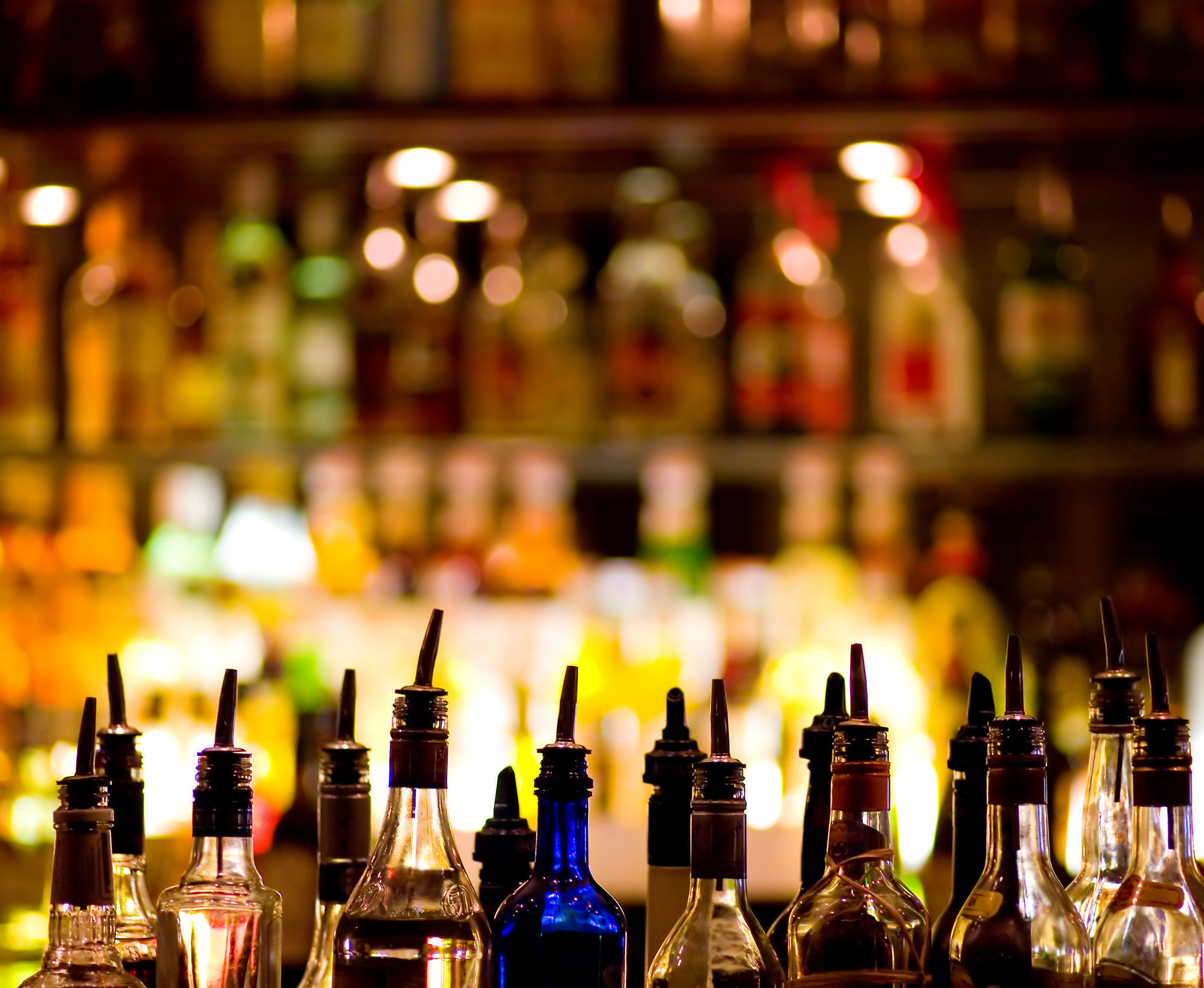31 October 2016 was the deadline for comment submissions on the proposed amendments to the Liquor Act 59 of 2003. The amendments, proposed by the Department of Trade and Industry are well-intentioned, but they need to be more balanced to preserve an industry vital to the economy.
The changes, as depicted in Government Gazette 40319 of 30 September 2016, are designed primarily to bring unregulated liquor trade under control, curb the growing socioeconomic effects of alcohol abuse, uphold empowerment requirements, and build capacity for enforcing compliance.
First, its proposed that excise duties on alcohol be increased. Many consumers are price sensitive so by making liquor more expensive, the government hopes to dissuade excessive consumption.
However, because of their dependency, alcoholics and alcohol abusers are not as price sensitive and will always find a way to obtain liquor. They’ll either sacrifice essentials or deal through the black market. It’s more likely then that the casual drinker will be the one cutting back and this would result in losses for the industry. Education and access to intervention is what’s needed. In the National Treasury discussion document issued May 2014, it is expressed that “social problems arising from excessive alcohol consumption might be exacerbated if sharp increases in excise duty result in some drinkers turning to unsafe illicit products and potentially harmful home brews”. “Alcohol tax increases may also give rise to unintended shifts in consumer behaviour … that could undermine government’s health objectives. The effectiveness of alcohol tax policy depends on the extent to which alcohol taxation discourages excessive alcohol consumption and its impact on the economy and illicit trade.”
Further, the proposed legislation defines where liquor may be sold. The DTI must be commended for setting the distance of outlets beyond 500 metres from schools, rehab centres and other sensitive locations.
Disallowing distribution at petrol stations, and premises near petrol stations or public transport stops, also limit convenient access.
But one has to question the validity of prohibiting the sale of wine in grocery stores, as wine sales is unlikely to be a significant contributor to abuse, as beer and spirits is generally the major contributors. It is unlikely that a consumer intending to abuse alcohol will opt for a bottle of wine costing far more than beer or some spirits.. Yes, it does take alcohol away from the public eye and makes it less convenient to obtain. But this is a public that contributes to liquor revenues generally through sensible consumption, not abusers who drink with abandon.
Let’s not forget that this bustling industry is a significant player in the country’s economy. According to the National Treasury report, the liquor sector contributed an estimated R73 billion for fiscal year 2009/2010, or 2.9% of South Africa’s GDP. The same report indicates that it sustains an estimated 522,000 employment opportunities. These values are even greater today. This equates to massive tax revenues for government and a meaningful contribution towards funding budgetary goals and employment, not to mention the export of our wines and other alcohol products.
It’s true that numerous reports have revealed a correlation between drinking and violent crime, traffic accidents, domestic violence and other social problems. But to what degree they are mitigated by reducing alcohol consumption and which communities benefit from across-the-board restrictions varies from study to study.
By no means is the suggestion being made that social instability or the loss of life be ignored in favour of revenues. But is clamping down on an industry that does far more good the best way to address the problem?
Surely a better solution is to bolster programmes that educate the public on good drinking habits and the dangers of abuse, and offer support to those in need of rehabilitation. Such programmes should target the abuser’s reasons for drinking excessively rather than the act itself.
Of greater merit are the amendments designed to bring under control the illicit production and distribution of liquor.
Persons from other fields will be designated as inspectors acting on behalf of the National Liquor Regulator. These include police officers, traffic officers, health and safety inspectors, medical inspectors, and others. Although they’ll need training as prescribed by the Minister, they’re in a prime position to carry out checks during the course of their duties. In this way, the law hopes to build the required capacity for enforcement.
With these resources, unlicensed outlets can be identified and brought to book. Such businesses not only fuel abuse by selling to already drunk or under age customers for the sake of profit, but also contribute nothing in the way of excise.
The liquor they sell often comes from legitimate vendors. Under the proposed amendments, greater requirements on suppliers to ensure they are selling to licensed traders or they will be held equally accountable for claims resulting from liquor-related incidents.
The proposed amendments will also introduce restrictions with regards advertising and promotions.
The proposed amendments also suggest an increase of the legal drinking age from 18 to 21. We regard a person on his 18th birthday as an adult that can drive a vehicle, vote, enter into contracts, get married, and even get a firearm license, but can’t purchase or consume alcohol. This proposal is unlikely to succeed, and more likely to force 18 to 21 years olds to seek alcohol in illegal manners.
In conclusion, the intention of the law is good and much of it seems beneficial. But overall, it puts a vital economic contributor in danger as well as the many workers who depend on it for their daily bread.
As lawmakers, the DTI should closely monitor the efficacy of this new legislation, and should adapt their approach to solve these very real problems while considering the knock-on effects to national concerns.








